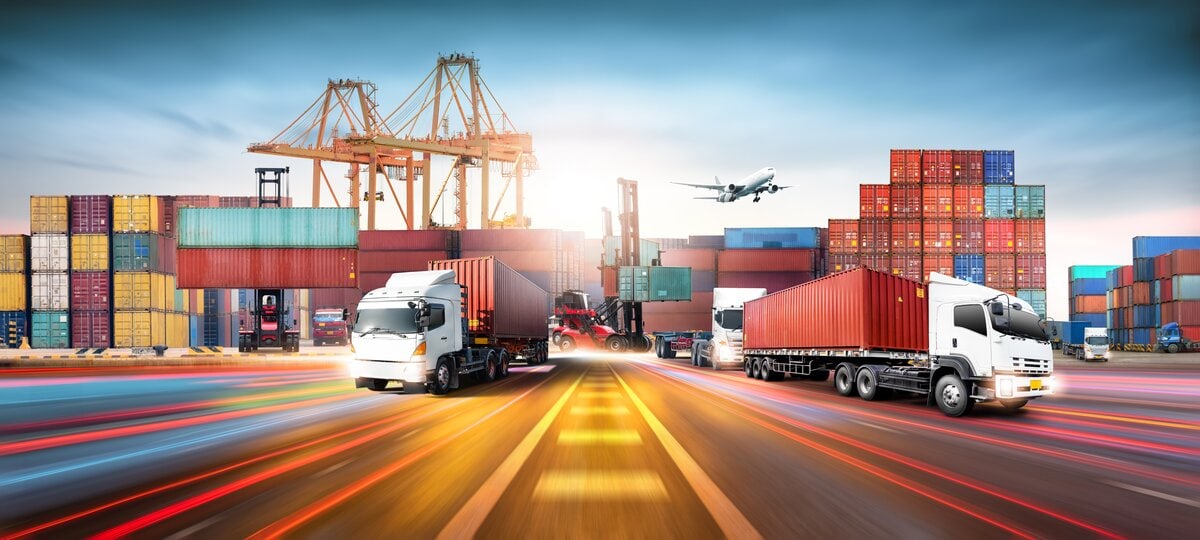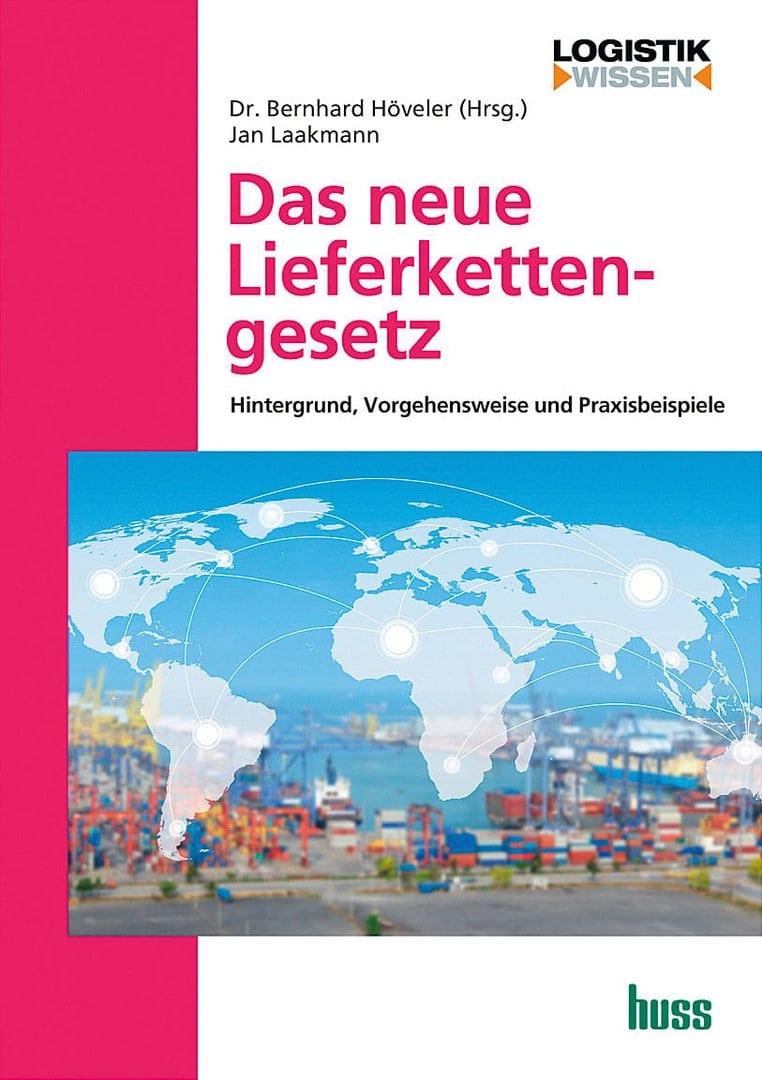LkSG: Fair, transparent and equitable


New publication from Huss-Verlag explains the new supply chain law
The question-and-answer format will clarify, among other things, whether one must check all suppliers for human rights violations, whether subsidiaries are also part of one's own business area, or approximately how long it will take to prepare and implement all minimum legal requirements. From 2024, the law will then also apply to companies with more than 1,000 employees, which can already prepare accordingly. The Supply Chain Sourcing Obligations Act (LkSG) heralds an urgently needed paradigm shift in Germany: If corporate responsibility at the voluntary level has no effect in supply chains, then specifications for human rights and environmental protection must be binding and implemented with government measures to identify risks, prevent violations, and jointly minimize and end them.
So much for the theory, the German-speaking SAP User Group e. V. (DSAG) - with the support of SAP - will now also provide the much-needed practical benefit to the LkSG. "After all, we all have to handle the new law optimally with the existing IT infrastructures, software licenses and maintenance contracts; because administrative work and legal requirements will continue to increase," says Karin Gräslund, DSAG's Head of Finance and Sustainability.

“It is essential for consultants to gain an overview of a company's actual processes in the shortest possible time.“
Karin Gräslund,
Chief Financial Officer and Sustainability, DSAG
The Act on Corporate Due Diligence in Supply Chains - LkSG for short (Lieferkettensorgfaltspflichtengesetz) - was passed by the German Bundestag on June 11, 2021 and obliges companies with their registered office or branch in Germany to observe, implement and, if necessary, punish human rights due diligence obligations within their global supply chains. However, the due diligence obligations legally apply only to direct suppliers and, where applicable, their suppliers. In the fight against human rights violations and environmental destruction, this will help legally, but for a very practical and proactive "jolt through corporate society" this message falls far short.

New publication from Huss-Verlag explains the new supply chain law






